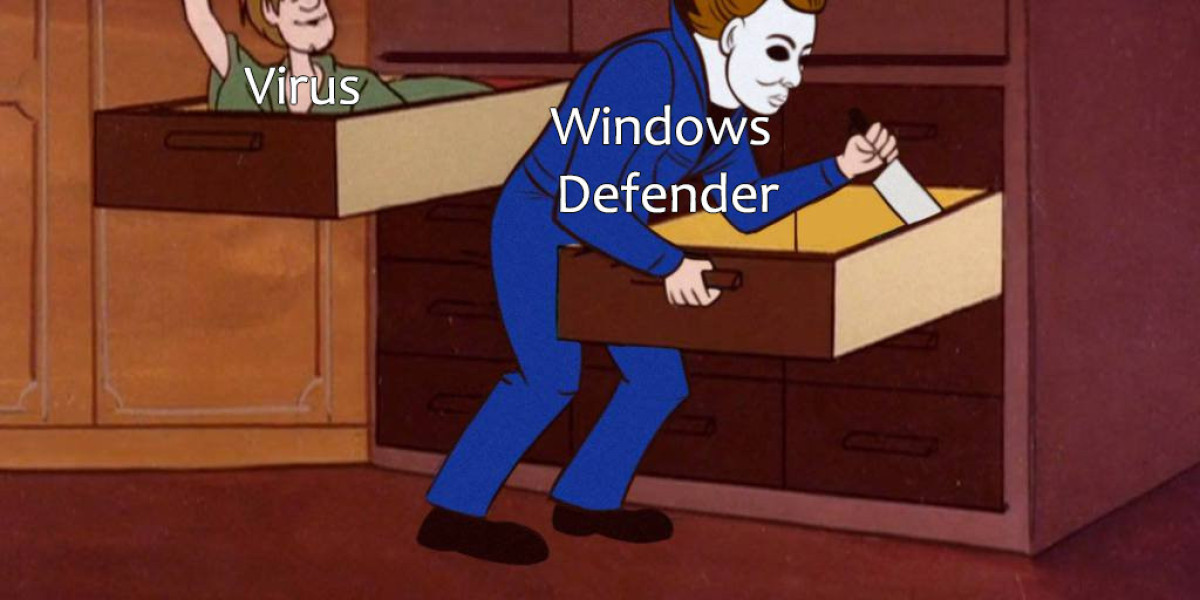The gaming industry has undergone a dramatic transformation over the years, with multiplayer experiences becoming a cornerstone of modern gaming. One of the most groundbreaking advancements in this domain is the rise of cross platform multiplayer games, which have revolutionized how players interact and compete with one another. By enabling gamers to connect seamlessly across different devices and platforms, these innovations have broken long-standing barriers, fostering a truly unified gaming community.
The Early Days of Multiplayer Gaming
Local Multiplayer The Beginning of Social Gaming
In the early days, multiplayer gaming was confined to a single device or console. Split-screen gaming and local co-op modes dominated, allowing players to enjoy games together in the same room.
The Birth of Online Multiplayer
With the advent of the internet, multiplayer gaming shifted dramatically. Early online platforms such as SegaNet and Xbox Live allowed players to connect with friends remotely. However, these experiences were often restricted by platform limitations, requiring players to own the same console or device to participate.
Breaking the Platform Barrier
The Emergence of Cross-Platform Play
Cross-platform gaming began as a niche feature, with developers experimenting with the idea of uniting players across different platforms. Early pioneers included titles like Rocket League and Fortnite, which proved that seamless crossplay was not only possible but highly desirable.
The Role of Technology
Advancements in server infrastructure, cloud computing, and universal game engines like Unreal and Unity have made cross-platform gaming more accessible. These technologies bridge the gap between disparate systems, allowing for real-time communication and gameplay synchronization.
The Impact of Cross-Platform Multiplayer Games
Uniting Gaming Communities
By removing platform restrictions, crossplay has fostered larger and more inclusive communities. Players can now connect with friends regardless of whether they prefer a PC, console, or mobile device. This inclusivity has expanded the social aspect of gaming to unprecedented levels.
Enhancing Competitive Play
Cross-platform functionality has also elevated competitive gaming by increasing the pool of players. Esports tournaments and ranked matches now feature a diverse array of participants, ensuring fairer matchmaking and more exciting gameplay.
Challenges and Criticisms
Balancing Fairness
One significant challenge is ensuring balance between players on different platforms. For example, PC gamers often have an advantage due to precise mouse and keyboard controls compared to console controllers.
Security and Compatibility Issues
Cross-platform games must address concerns related to account security, data privacy, and compatibility across devices. Developers continually work to resolve these issues while maintaining seamless experiences for players.
The Future of Crossplay
Expanding to New Genres
While cross-platform play is most common in shooters, sports, and battle royale games, developers are exploring its potential in genres like RPGs and strategy games.
Universal Gaming Accounts
The concept of universal gaming accounts allowing players to carry progress and purchases across platforms is gaining traction. This feature will further enhance the appeal of crossplay, making it even more convenient for gamers.
The Role of Cloud Gaming
Cloud gaming services like Xbox Cloud Gaming and NVIDIA GeForce NOW are poised to further break down platform barriers. By enabling gameplay on virtually any device, these services represent the next step in the evolution of multiplayer gaming.
Conclusion
The evolution of multiplayer gaming has reached a pivotal moment with the widespread adoption of cross-platform play. By breaking traditional platform barriers, the industry has created a more connected and inclusive gaming environment. As technology continues to advance, the future promises even greater innovations, ensuring that gamers everywhere can unite and play without limits.







